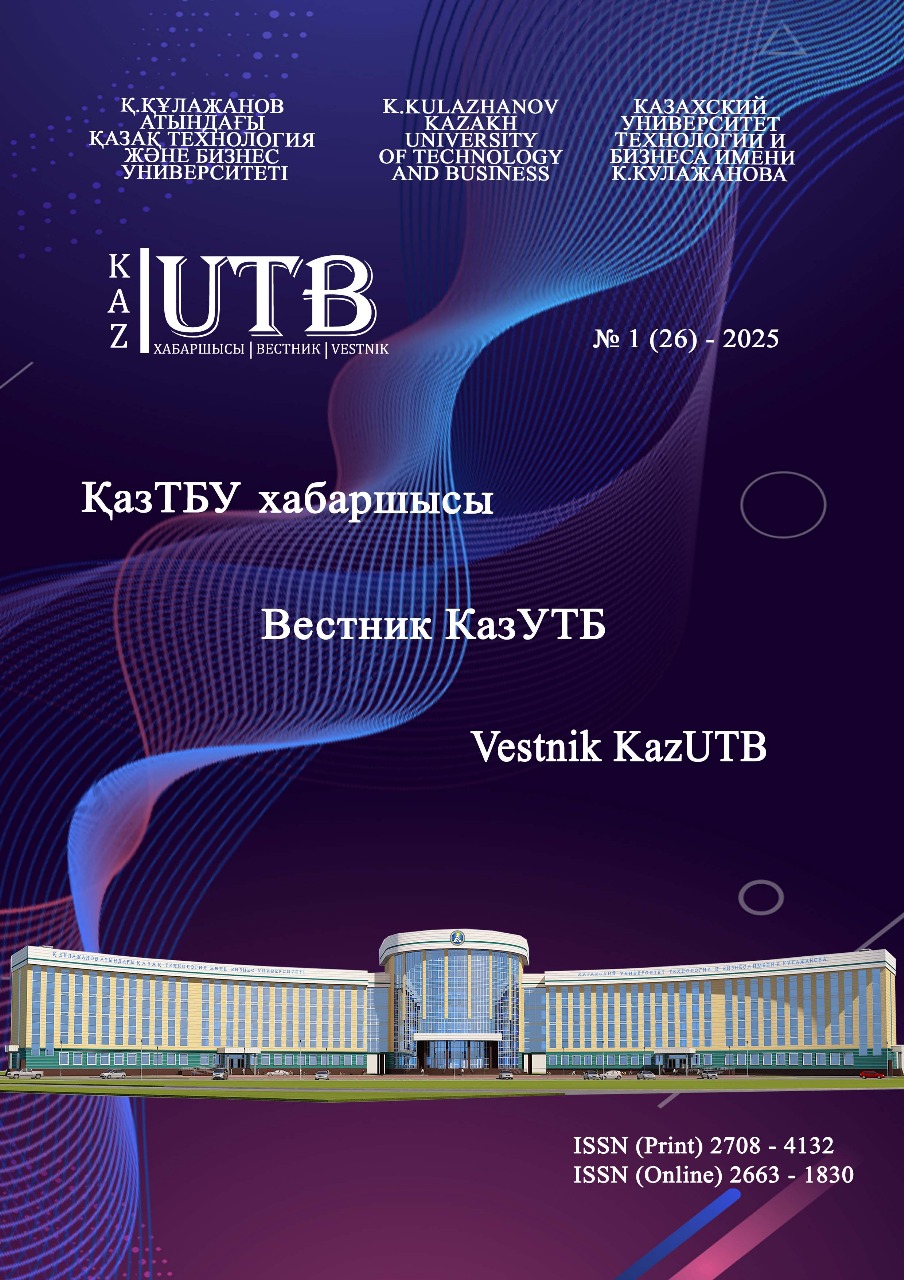Меню


Information and communication and chemical technologies
No. 1 (26) - 2025 / 2025-03-31 / Number of views: 37
SIMPLE ECG SIGNAL MODEL
Authors
Keywords
heart, signal, electrocardiogram (ECG), mathematical model, Gauss function, PhysioNet.
Abstract
According to studies conducted in 21 countries on five continents of the world, heart (cardiovascular) diseases are the most common cause of death worldwide. For this reason, regular heart monitoring and early detection of potential problems are crucial for human health.
The purpose of the work is to propose a simple method for modeling the ECG signal.
The main diagnostic method widely used worldwide to determine the proper functioning of the heart is electrocardiogram (ECG) signal processing. The presented model fits well with important segments of the patient's ECG signal in a calm state. This condition can be used to easily diagnose heart problems.
The importance of the work lies in the fact that the presented model is compared and analyzed with real ECG signals obtained from the PhysioNet database. The difficulties that arise in the modeling process are that the model parameters will be different for each person, and at the same time, they will be different for the same person depending on age. As a result, for 20 different ECG recordings, the first segments of all the signals perfectly matched each other, and the remaining parts did not match each other due to the difference in their periods. Therefore, each patient needs to individually adjust the ECG parameters. This situation is due to non-linearity - that is, the semi-periodic nature of the ECG signal. To solve this problem, it is necessary to use more sophisticated methods.
However, the simplicity of the proposed model expands the scope of its application and simplifies graphical interpretation. The model can also be used in the educational process of medical specialties.




